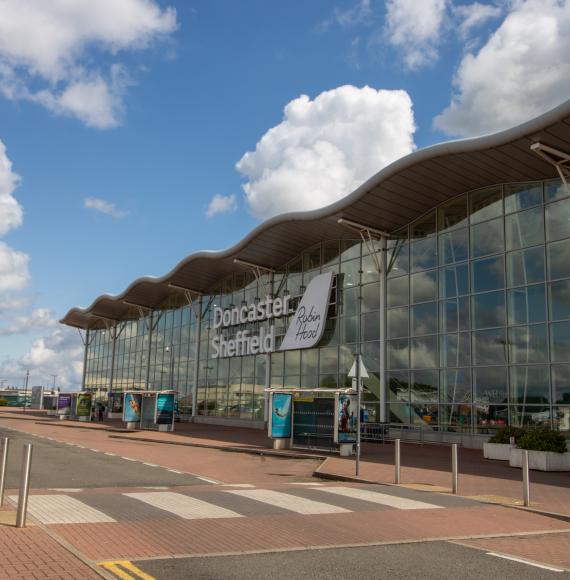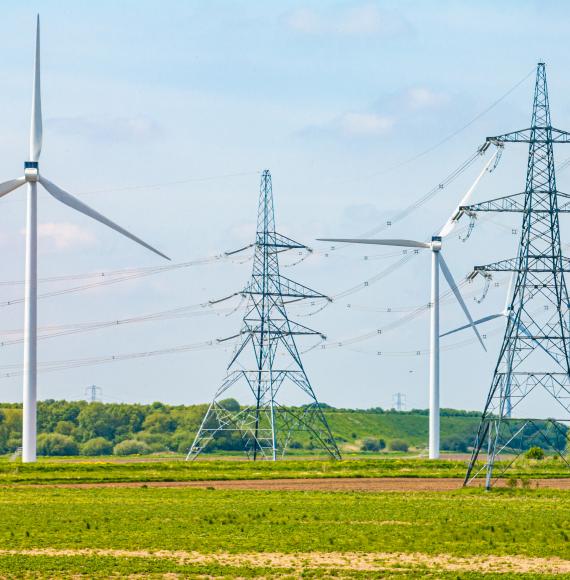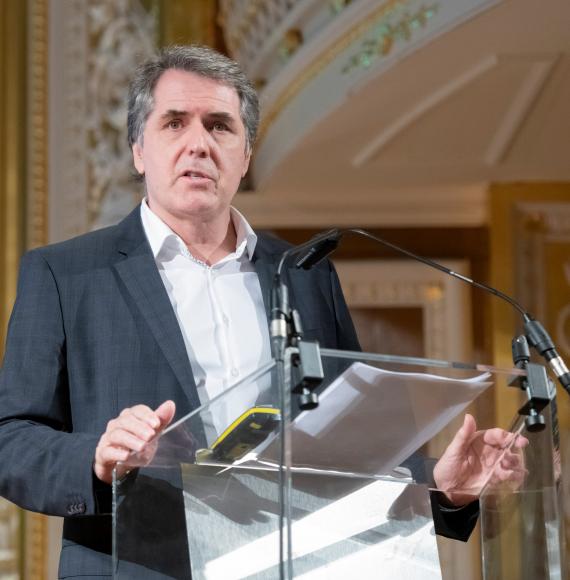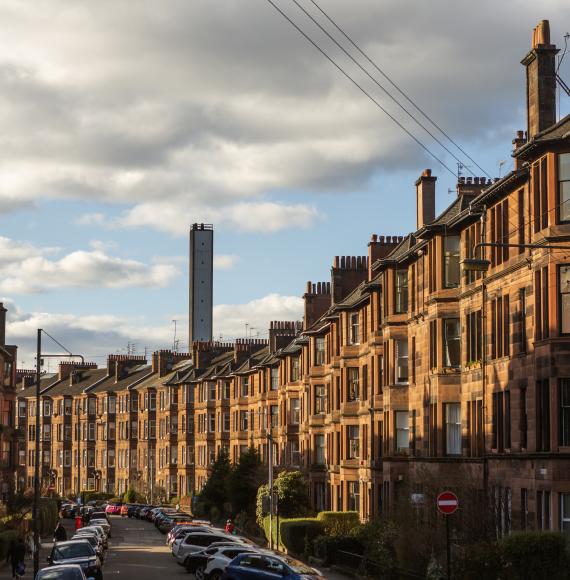The Blueprint Coalition (formed of local government organisations, environmental NGOs, and academics and backed by around 100 councils) is warning that the UK will fail to meet its net zero target by 2050 if there isn’t more support for local authorities given.
The group cites infrastructure changes to areas that local authorities are responsible for such as electric vehicle charging points and heat pumps that are being hailed as an incredibly important tools for getting the UK to carbon neutrality.
The coalition has set out five key areas that should be addressed in order to solve the issues currently being faced – these are:
- Invest more in low-carbon and climate-resilient infrastructure including public transport networks and renewable energy;
- Prioritise and focus support for reskilling and retraining for green jobs so that local authorities can target training where it is needed most;
- Ensure that our homes are fit for the future, by investing more in retrofitting to high energy efficiency standards, with social housing a priority, and ensure that councils are able to require zero carbon housing in all new development;
- Make it easy for people to walk, cycle and work remotely by extending funds for active travel and enabling local authorities to permanently allocate dedicated space to walking and cycling; and
- Accelerate tree planting, peatland restoration, green spaces and other green infrastructure. This must include resourcing for local authorities to maintain existing parks, plant trees and address gaps in access to green spaces in their areas.
Campaigner at Friends of the Earth, Sandra Bell, said:
"The role that councils played with their rapid response plans was evident during the COVID-19 pandemic, and they must now be empowered to do the same for the climate crisis. The national, legally binding, target for net zero by 2050 will be missed unless Westminster gets behind local solutions to the climate crisis by giving more funding and support to councils. Local action must form a key part of fixing the climate crisis, and also in delivering a green and fair recovery from COVID that benefits all communities."



















